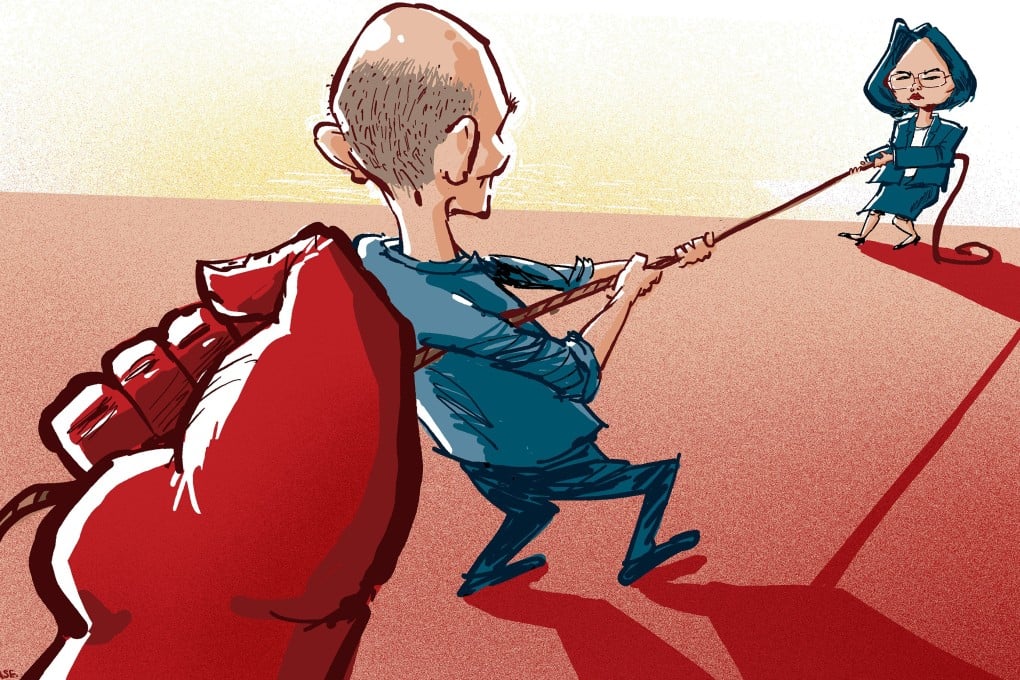Will Taiwan choose China or choose the world? Its next presidential election will determine its future
- One candidate promises money and better relations with China. Another leans on progressive values and diversification. Their clash is likely to be highly acrimonious, and may well change the direction of the island

With the selection of the candidates from Taiwan’s two main parties complete, the stage is now set for an acrimonious campaign to define the future of the island nation’s character, with implications for Taiwan’s relationship with China and the international community.
A populist with little governing experience who won the race for mayor of the southern port city of Kaohsiung in last November’s local elections, Han is regarded as an outlier within his own party. Flexible with the truth and prone to self-contradiction, Han has nevertheless harnessed the passions of a swathe of the population that has seemingly grown disillusioned with the elite-driven technocrats who have run the country, both in DPP and KMT administrations, over the years.
Popular with older voters and less affluent members of society, Han has also garnered support among local secret societies as well as the influential Huang Fu-hsing branch of the party, which comprises military veterans and their families.
Amid his rise, mainstream KMT members have only reluctantly embraced Han, initially supporting more establishment figures like Gou and Eric Chu Li-luan in the primaries. A number of party “princelings”, including Chiang Wan-an, grandson of former president Chiang Ching-kuo, have sought to distance themselves from Han, and more will likely follow. Others in the KMT, meanwhile, have been willing to ignore Han’s anti-establishment proclivities for the time being, and see in his sudden rise an opportunity to improve their party’s appeal following years of stagnation.

